When the U.S. Supreme Court revoked the national guarantee of abortion rights last year, there were warnings that the ruling would endanger other rights involving bodily autonomy. And indeed, it’s now being weaponized against gender-affirming care.
Several states that have outlawed such care for transgender minors are invoking the Dobbs v. Jackson Women’s Health Organization anti-abortion ruling when defending their laws in court. That argument hadn’t succeeded until this month, when a federal appellate court cited Dobbs in letting Tennessee’s gender-affirming care ban take effect.
The ruling, from the U.S. Court of Appeals for the Sixth Circuit, isn’t the final word on the case; it simply lets the law go into force while the suit against it is heard. But it’s raising concern that other courts might buy the argument or, if federal appellate circuits disagree on the question, the issue of gender-affirming health care could be decided by the Supreme Court — where conservatives currently outnumber liberals by six to three. Vox senior correspondent Ian Millhiser raised this possibility in a recent article.
Representatives of LGBTQ+ organizations, however, say the jury is out, so to speak.
“There’s a high likelihood that these organization and states [behind the care bans] want to push this all the way to the Supreme Court,” Sarah Warbelow, vice president of legal at the Human Rights Campaign, tells The Advocate. Whether they’ll manage to do so, though, “is really hard to say,” she adds.
Sixth Circuit Chief Judge Jeffrey Sutton wrote the opinion placing a hold on the injunction against the Tennessee ban, and he mentioned the Dobbs ruling several times. “If a law restricting a medical procedure that applies only to women does not trigger heightened scrutiny, as in Dobbs, a law equally appliable to all minors, no matter their sex at birth, does not require such scrutiny either,” he wrote in one instance. When a court considers the constitutionality of a law, heightened scrutiny, also known as strict scrutiny, means that the government must prove it has a compelling interest behind the law and that the statute is tailored as narrowly as possible to achieve its goals.
But Judge Helene White, who dissented from Sutton’s ruling, pointed out that the Tennessee ban does treat minors differently based on their sex at birth. It bans gender-affirming procedures for minors who do not identify as the gender assigned at birth but allows them for those who do. “To illustrate, under the law, a person identified male at birth could receive testosterone therapy to conform to a male identity, but a person identified female at birth could not,” she wrote.
Until Sutton wrote his ruling, every federal court that had considered the constitutionality of these laws reached the conclusion that they discriminated based on sex, White observed. Such laws have been temporarily blocked (while cases are heard) in Alabama, Florida, Indiana, and Kentucky because federal judges believed that those who are challenging them are likely to prove such discrimination, and a judge in Arkansas has gone further by striking down that state’s law, the first ruling on such a law’s merits. In a suit in Oklahoma, the state and the challengers have agreed that the law will not be enforced while the case proceeds.
Jennifer Levi, senior director of transgender and queer rights at GLBTQ Legal Advocates and Defenders, says this shows the Sixth Circuit’s ruling is off base. “The states have been citing Dobbs all along, and the courts have rejected that,” Levi says.
On whether there will be a rash of such rulings or the Supreme Court will eventually get involved, she says, “I think it’s really premature to speculate at this point.” GLAD is representing clients challenging the Alabama law and the Florida one; the Alabama trial is scheduled for next spring, while there’s not a definite timetable for the Florida case.
HRC is co-counsel in the Alabama and Florida cases, plus one in Georgia that’s in a very early stage. The Alliance Defending Freedom, an anti-LGBTQ+ legal nonprofit that has won cases at the Supreme Court, including the recent “right to discriminate” case out of Colorado, is working with Alabama officials to defend that state’s ban, and it’s pushing the use of Dobbs, Warbelow notes.
Ultraconservative Justice Samuel Alito, who wrote the Dobbs majority opinion, was very specific that it applied only to abortion, although that didn’t keep fellow conservatives like Justice Clarence Thomas from saying the court should use the same reasoning to strike down marriage equality and other rights. But still, in cases involving gender-affirming care, judges across the political spectrum are blocking or striking down the bans, Warbelow observes.
Ash Orr, press relations manager at the National Center for Transgender Equality, agrees that it’s “premature to form a definitive opinion” about what will happen with the gender-affirming care cases. But the situation bears watching, he says.
If the reasoning used in the Sixth Circuit decision continues to be applied, Orr says, “it could result in significant regression regarding numerous rights.” Beyond the question of whether these bans discriminate, courts must consider whether rights are “deeply rooted in this nation’s history and traditions,” he points out. Judge Sutton asserted that those challenging the Tennessee law had not demonstrated that the right to new medical treatments was deeply rooted.
As various courts rule on the constitutionality of gender-affirming care bans, “it is probable that they will eventually necessitate a comprehensive review by the Supreme Court,” Orr adds. One factor in whether the high court takes a case is whether there is a so-called circuit split — that is, appeals courts in different circuits have ruled differently on an issue.
In the meantime, there are things that not only lawyers and organizations but ordinary citizens can do, beyond supporting the organizations bringing these cases. Warbelow recommends becoming informed about what gender-affirming care for youth consists of and then sharing that information with others.
“Have that conversation with the people in your life,” she says. “We need more people who can spread the word.”





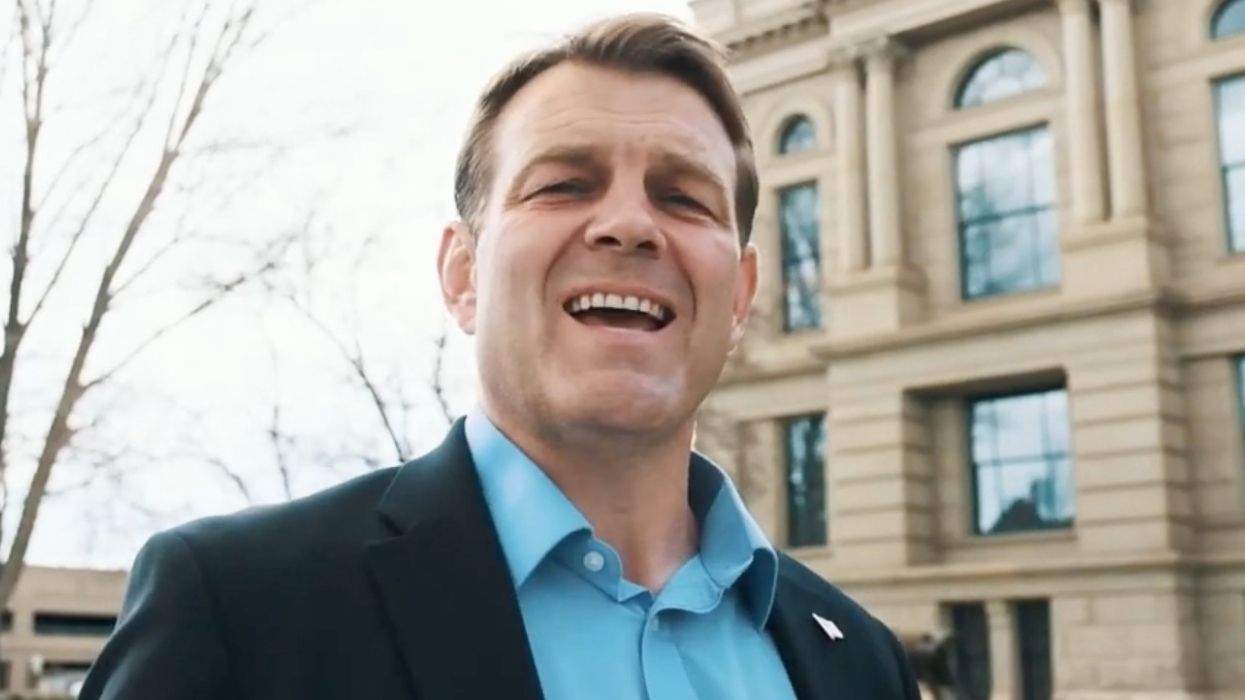
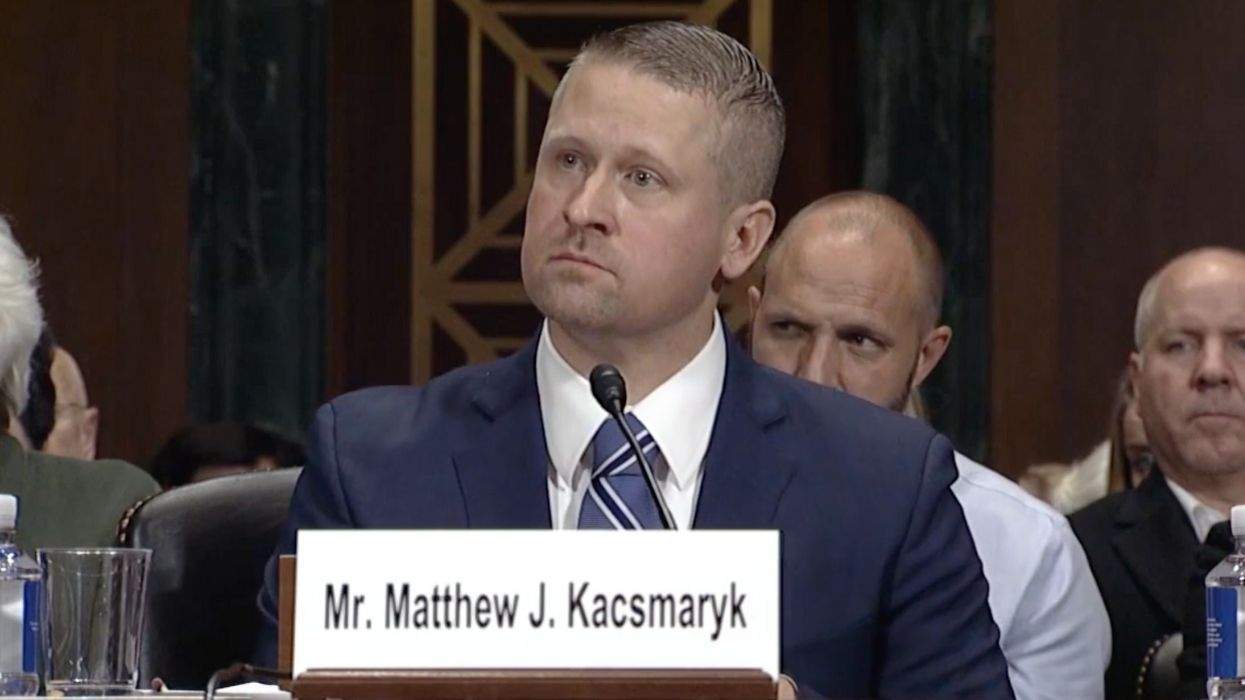
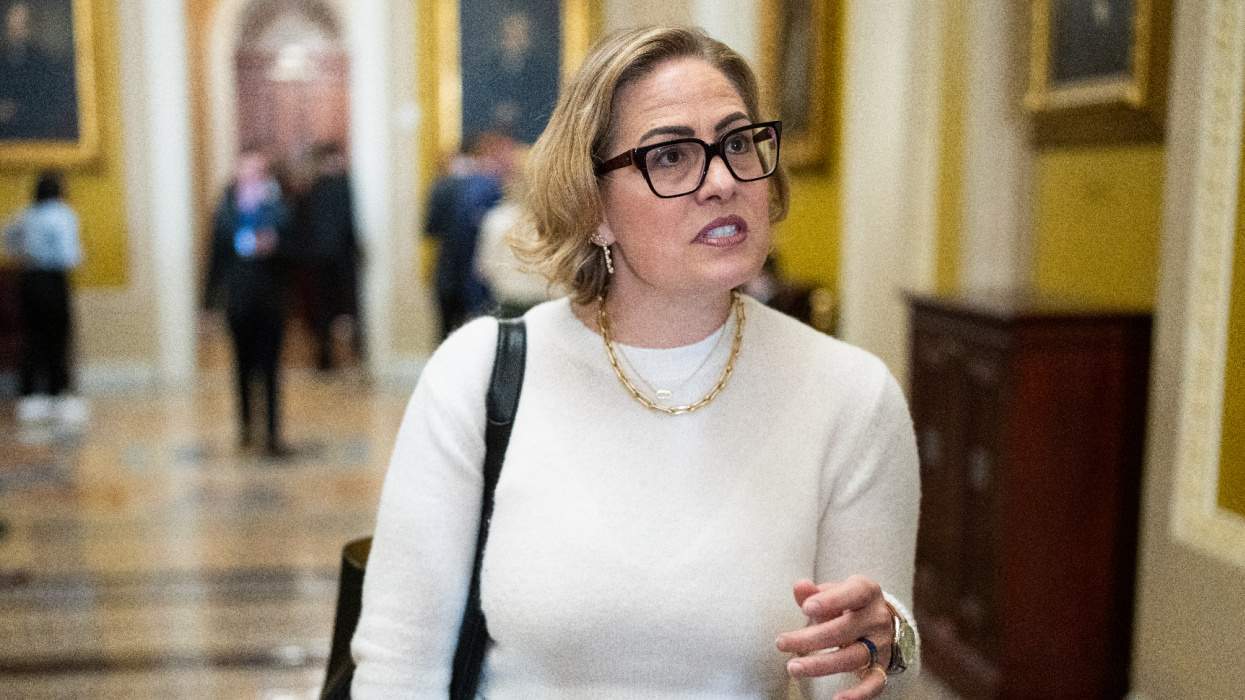
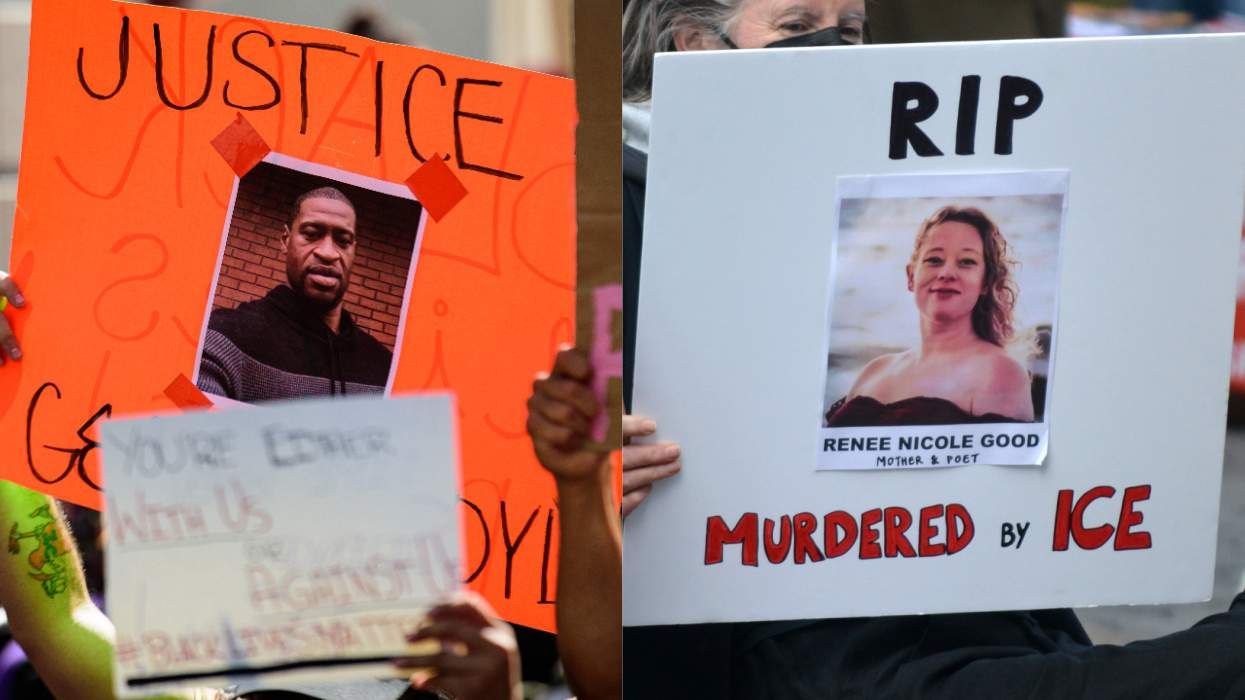
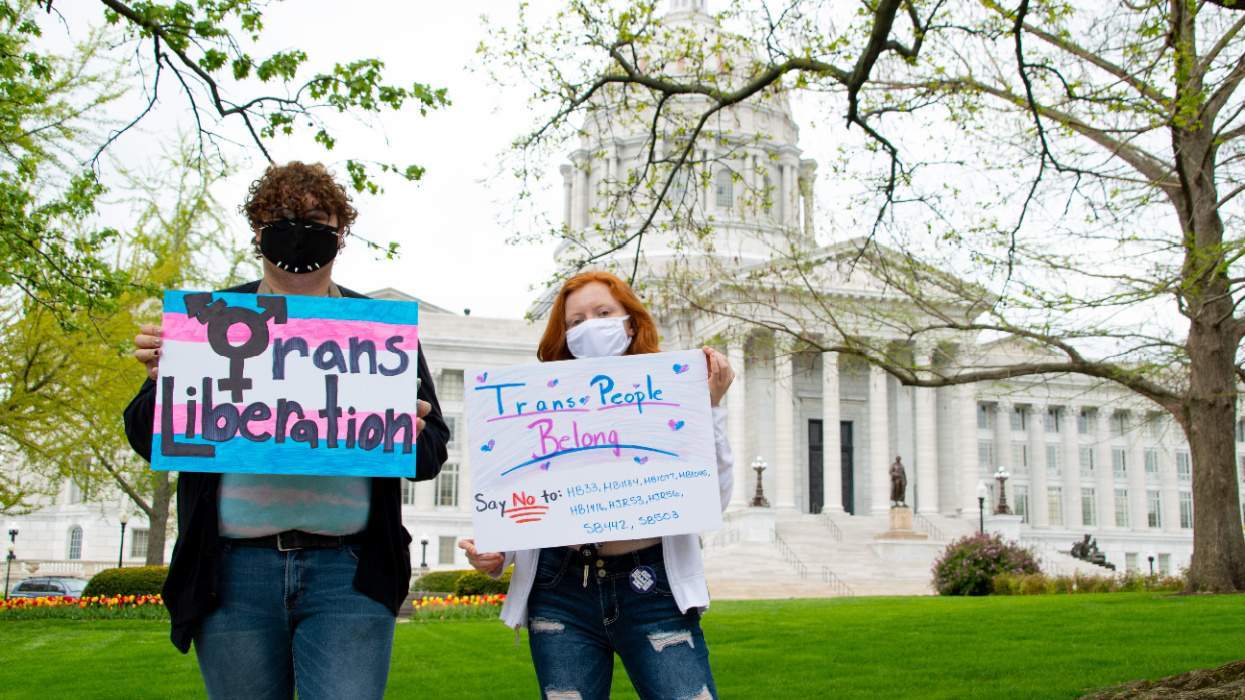





Charlie Kirk DID say stoning gay people was the 'perfect law' — and these other heinous quotes
These are some of his worst comments about LGBTQ+ people made by Charlie Kirk.